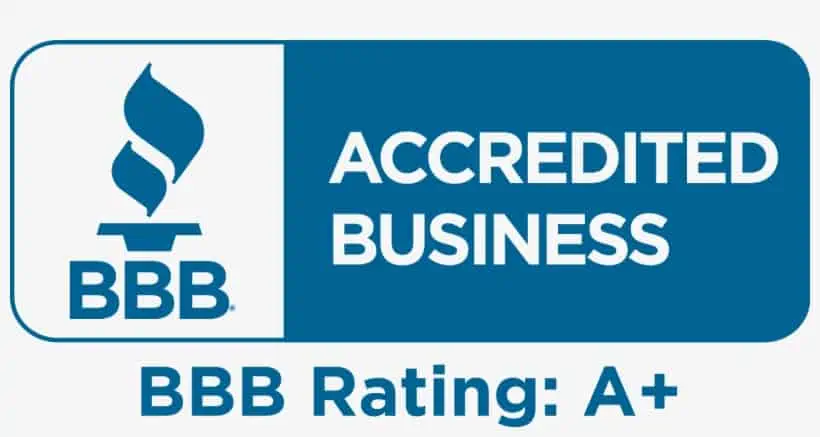
Both Roth solo 401k contributions and voluntary after-tax solo 401k contributions fall under the employee (salary deferral) contribution umbrella. In other words, both of these contribution types are not considered employer (profit sharing) contributions, so the contributions are not tax deductible because they are considered made with post-tax dollars.
Not all solo 401k plan document providers will allow for either Roth solo 401k or voluntary after-tax solo 401k contributions, while some will allow for just Roth solo 401k but not voluntary after-tax solo 401k contributions. However, a self-directed 401k plan document provider like MySolo401k.Net allows for both types.
The reason many solo 401k plan providers do not allow for voluntary after-tax solo 401k contributions is because of the added reporting requirements that come with this type of contribution. For example, when voluntary after-tax solo 401k contributions are converted to a the ROTH IRA or the ROTH Solo 401k, the conversion has to be documented in writing by completing a conversion form ( the IRS will expect to see a copy of this form upon request), and a Form 1099-R has to be issued to report the conversion whether taxable or not.
Difference #1 Between Roth Solo 401k and Voluntary After-Tax Solo 401k Contributions
Roth solo 401k contributions are subject to the same pretax distribution triggering events. Therefore, in order to distribute Roth contributions, one of the following events apply:
Death of the participant;
termination of employment;
disability; or
attainment of age 59 1/2.
On the other hand, voluntary after-tax solo 401k contributions can be distributed and thus converted at any time. This is why the the conversion of voluntary after-tax solo 401k contributions has been dubbed the “mega-backdoor Roth solo 401k.”
Difference #2 Between Roth Solo 401k and Voluntary After-Tax Solo 401k Contributions
Roth solo 401k annual contributions are capped at the employee (salary deferral) limit of $19,500 for 2019, or $26,000 if age 50 or older IN 2021. For 2022, the Roth solo 401k contribution limited increased to $20,500, or $27,000 if age 50 or older. Visit here to learn more.
However, and not commonly known, voluntary after-tax solo 401k contributions are subject to the annual overall limit (“The 415 Limit) of $58,000 for 2021, or $61,000 for 2022.









